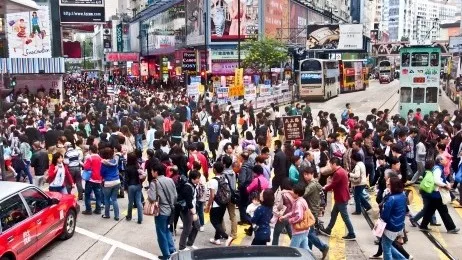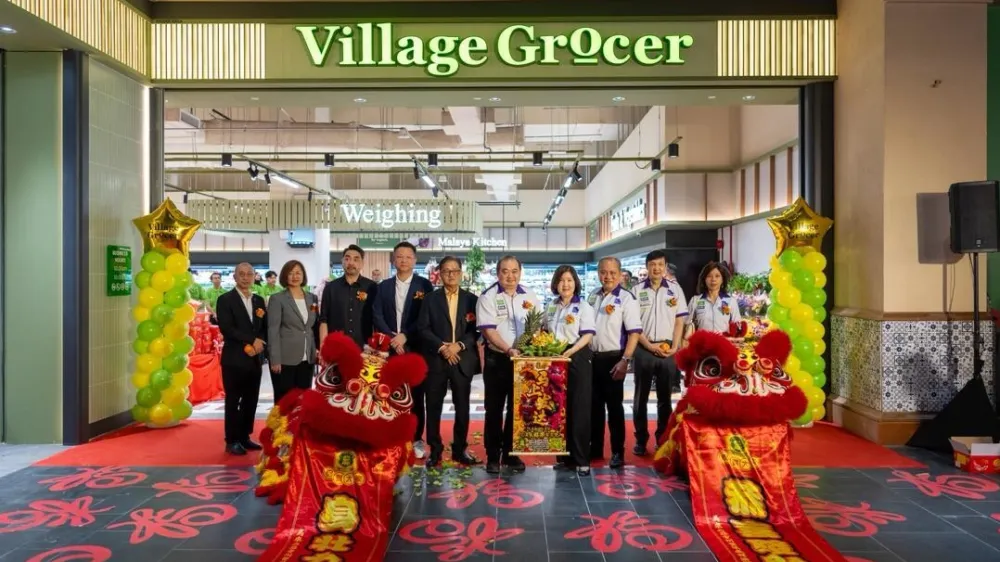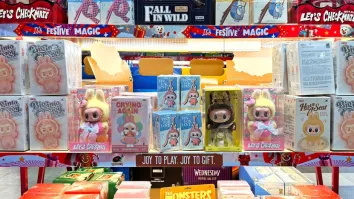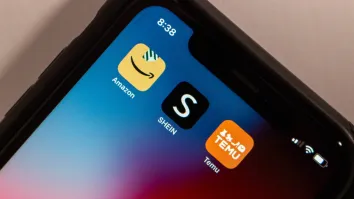
Weekly News Wrap: Tencent eyes selling 17% stake in Meituan; H&M returns on Alibaba's Tmall platform
And Miniso to ditch Japanese-inspired branding over flak in China.
From Reuters:
China's Tencent plans to sell all or a bulk of its 17% stake worth $24b in food delivery firm Meituan to placate domestic regulators and monetise an eight-year-old investment, four sources with knowledge of the matter said.
Tencent has been engaging with financial advisers in recent months to work out how to execute a potentially large sale of its Meituan stake, said three of the sources.
The planned sale comes against the backdrop of China's sweeping regulatory crackdown since late 2020 on technology heavyweights that took aim at their empire building via stake acquisitions and domestic concentration of market power.
That crackdown, which has led to billions of dollars in fines for the Chinese tech giants, is reshaping the companies by forcing them to make multi-billion dollar divestments. Tencent, for instance, is exiting a clutch of businesses now and pivoting towards the global gaming market.
Read more here.
From Reuters:
Swedish fashion giant H&M's official store on Alibaba's Tmall e-commerce platform has re-opened, 16 months after the Chinese site took it down following the brand's criticisms of human rights abuses in Xinjiang.
The re-opening was first noticed by Chinese netizens and confirmed by a Reuters search of the platform. It was not clear what prompted the re-opening and H&M and Alibaba did not immediately respond to Reuters' requests for comment.
Tmall and many other Chinese platforms and apps scrubbed references to the fashion brand when it was revealed that H&M had pledged not to source cotton from China's far western Xinjiang region, citing concerns about human rights abuses there.
H&M, the world's second-biggest fast-fashion retailer, first opened on Tmall in March 2018.
Read more here.
From Bloomberg:
Chinese budget retailer Miniso Group apologized for styling itself as a Japanese designer brand and said it would change its logo, amid a wave of local nationalism fueled by geopolitical tension over Taiwan.
The Guangzhou-based company has long promoted itself as Japanese-influenced, with a Japanese chief designer and Japanese characters on its shopping bags and marketing language. This, it said in a statement on Miniso’s official Weibo account, was “wrong.”
“We used wrong brand positioning and marketing campaigns during the early days,” the statement said. “We feel regret and guilt.”
Read more here.



















 Advertise
Advertise







